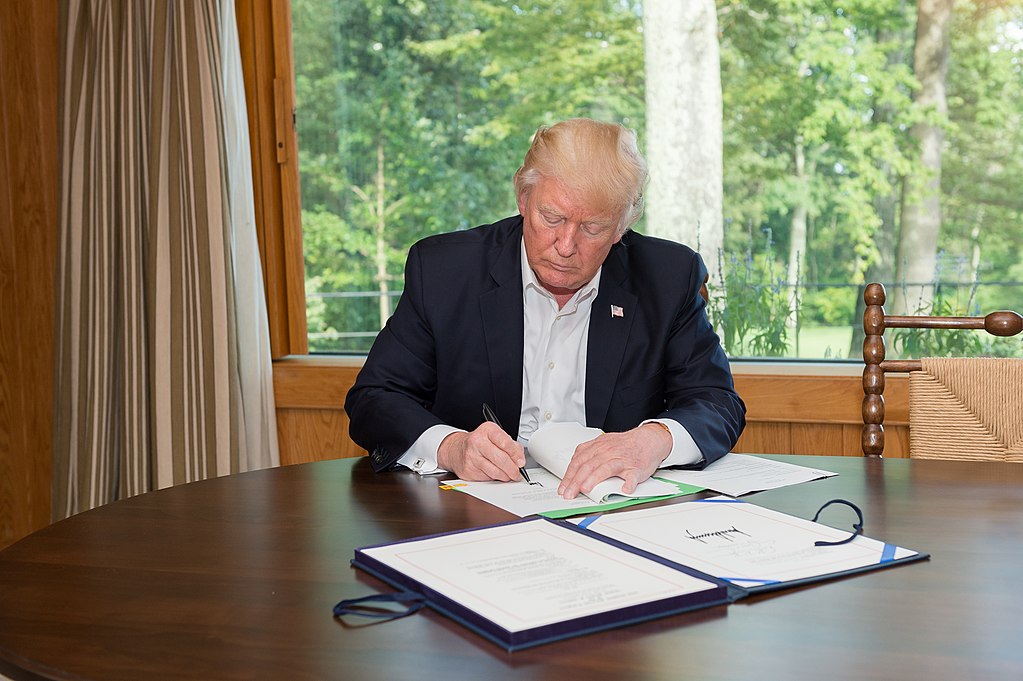JPMorgan warns that Tether, issuer of USDT, may face compliance hurdles from proposed U.S. stablecoin regulations. The GENIUS Act, targeting federal oversight for stablecoins with over $10 billion market cap, and the STABLE Act, imposing stricter state-level reserve standards, could force adjustments to Tether’s asset holdings.
The STABLE Act limits reserves to insured deposits, U.S. Treasuries, central bank reserves, and short-term repos. The GENIUS Act expands eligibility to money market funds and reverse repos. Currently, Tether’s reserves meet 66% of STABLE Act and 83% of GENIUS Act standards. Achieving full compliance may require selling non-compliant assets, including bitcoin, corporate paper, and secured loans.
Holding 60% of the stablecoin market with a $142 billion market cap, Tether’s compliance dropped since mid-2024 due to a surge in USDT issuance. JPMorgan analysts caution that reserve adjustments could trigger asset sales, impacting crypto markets.
Tether CEO Paolo Ardoino dismissed JPMorgan’s concerns on Twitter, asserting that Tether’s strong equity and liquidity would ease compliance without major asset sales. He also reaffirmed Tether’s ongoing dialogue with regulators.
With regulations expected this year, Tether’s large bitcoin holdings—acquired since 2023 under its profit allocation strategy—may come under scrutiny. Despite JPMorgan’s warnings, Tether remains confident in adapting without market disruption.

























Comment 0